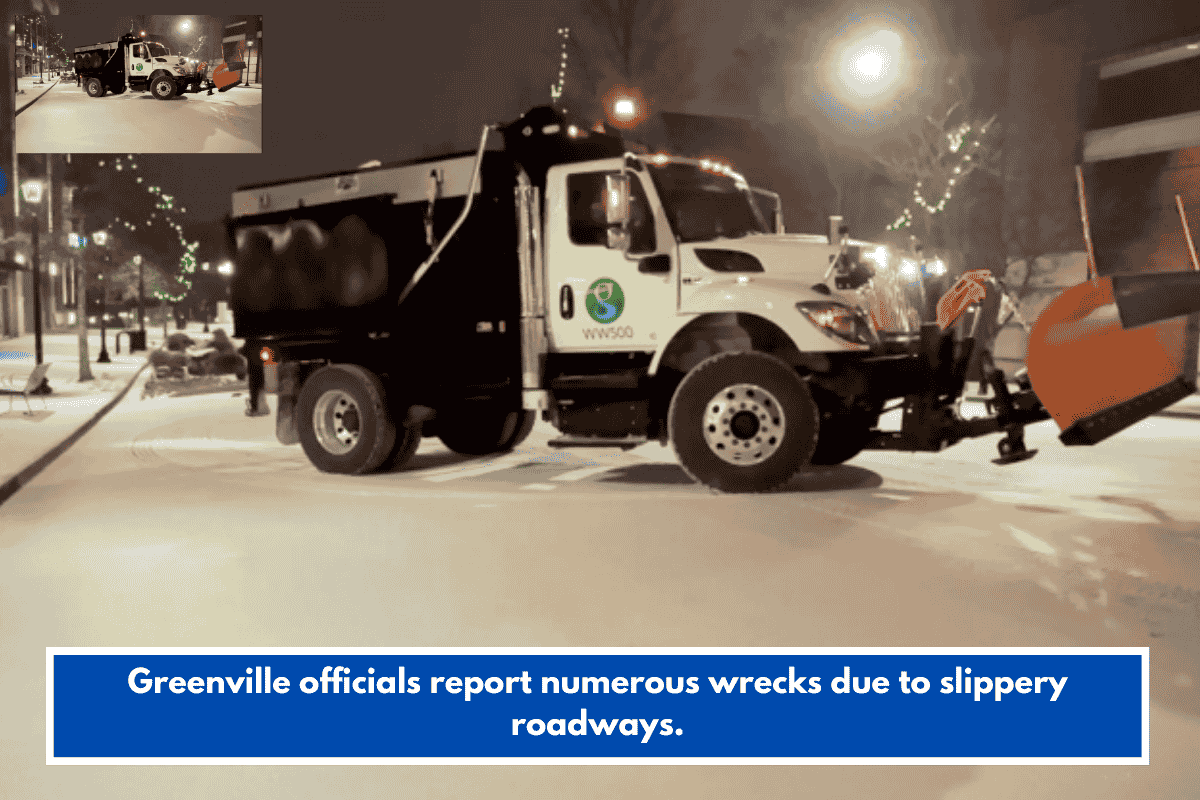It’s common to see people glued to their phones, even while driving. But what happens if you’re pulled over by the police in Rhode Island? Can they search your phone during a traffic stop? This is a question many drivers have, especially with the rise of smartphone use in our everyday lives. To avoid any surprises during a traffic stop, let’s dive into what the law says about police searching your phone in Rhode Island.
The Legal Basics of Search and Seizure
In the United States, including Rhode Island, the Fourth Amendment of the U.S. Constitution protects citizens from unreasonable searches and seizures. This means that, generally, law enforcement cannot search your property, including your phone, without a valid reason. They need a warrant or your consent to conduct a search.
However, there are some exceptions to this rule. For example, police can search your phone if they have your consent or if there are certain circumstances that justify a search without a warrant. But, in most situations, simply being pulled over for a traffic stop isn’t a valid reason for the police to search your phone without your permission or a warrant.
When Can Police Search Your Phone?
In Rhode Island, like in the rest of the country, police officers cannot search your phone just because they pulled you over for a traffic violation. However, there are some situations where they may be allowed to search your phone:
Consent: If you give police officers permission to search your phone, they can go ahead and do it. But remember, you have the right to say no if you don’t want your phone searched.
Probable Cause: If the police have a valid reason to believe that your phone contains evidence of a crime, they may be able to search it without a warrant. This can happen if, for example, they suspect you’ve been texting while driving or if they believe your phone has information related to a crime.
Search Incident to Arrest: If you’re arrested during a traffic stop, the police might be allowed to search your phone without a warrant as part of a routine search incident to the arrest. This doesn’t mean they can go through all your messages and apps, but they may check for evidence related to the arrest.
Exigent Circumstances: In rare cases, police can search your phone without a warrant if there is an emergency situation, such as an immediate threat to public safety, or if evidence may be destroyed before they can obtain a warrant.
What About Privacy Laws?
Rhode Island, like many states, recognizes the importance of privacy, especially when it comes to personal data stored on your phone. The law emphasizes that your phone is an extension of your privacy, and any search of it should be handled carefully, with clear legal justification. If police search your phone without proper consent or probable cause, it could be considered a violation of your Fourth Amendment rights.
Also, be aware that if a police officer asks to search your phone and you refuse, they cannot search it without a warrant or another legal basis. You always have the right to refuse, and this refusal cannot be used against you.
What Should You Do if the Police Ask to Search Your Phone?
If you’re stopped by police in Rhode Island and they ask to search your phone, you have a few options. First, remember that you are not obligated to give them permission. Politely but firmly let them know that you do not consent to a search. If they insist, they must have a warrant or meet one of the exceptions we discussed earlier. You can always ask if they have a warrant or if they are acting under any other legal authority to search your phone.
If you’re arrested and they begin searching your phone, be aware that anything they find could potentially be used as evidence in court. So, if you find yourself in a situation where your phone is being searched, it’s always a good idea to contact a lawyer as soon as possible to ensure your rights are protected.
In Rhode Island, police cannot search your phone during a traffic stop unless they have your consent, probable cause, or a warrant. Your phone is considered private property, and the police must follow the law to search it. While it’s important to be aware of your rights, you should also understand that there are exceptions under certain circumstances, like arrests or emergencies.
So, next time you’re stopped by the police in Rhode Island, remember you have the right to refuse a phone search unless the officers have a valid reason. If you’re ever unsure about what’s happening, it’s always a good idea to consult with a lawyer to protect your rights.
SOURCES
[1] https://mywaynecountynow.com/can-rhode-island-police-search-my-phone-during-a-traffic-stop-heres-what-the-law-says/
[2] https://law.justia.com/codes/rhode-island/title-31/chapter-31-21-2/section-31-21-2-5/
[3] https://statescoop.com/new-rhode-island-law-forces-police-to-get-warrants-for-cell-phone-location-data/
[4] https://www.notguiltyri.com/illegal-searches-in-rhode-island
[5] https://www.eff.org/deeplinks/2021/01/so-called-consent-searches-harm-our-digital-rights














